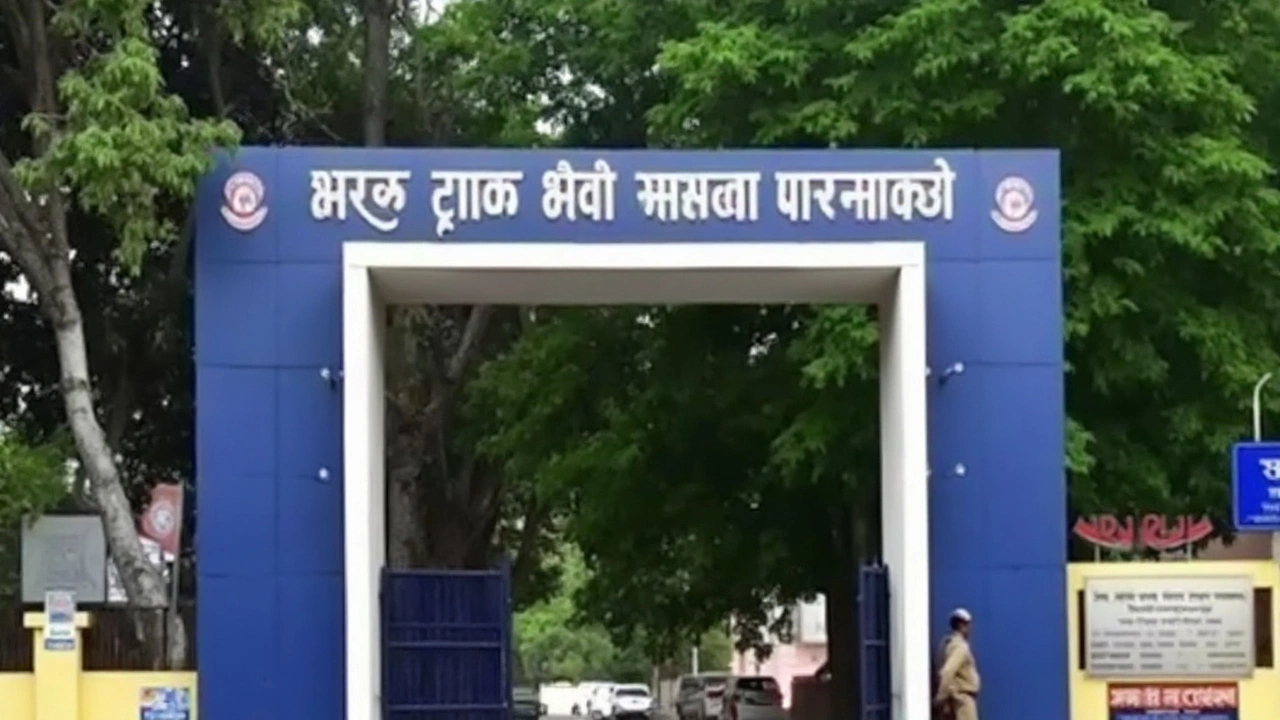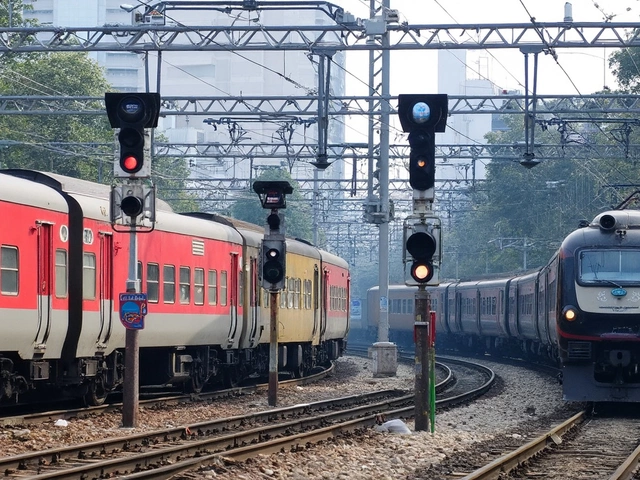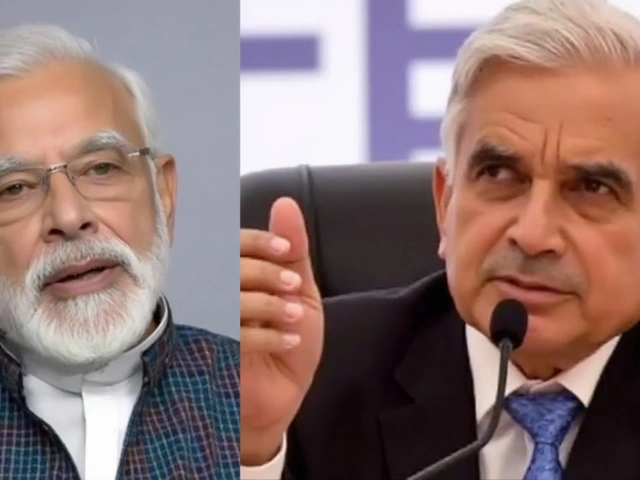UPPSC BEO Recruitment: What’s New and How to Get Ready
If you’re eyeing a Block Extension Officer (BEO) job in Uttar Pradesh, the UPPSC BEO Recruitment is the doorway. In the past few weeks the board has released new notification dates, revised eligibility rules, and shared a fresh exam pattern. This guide breaks down everything you need to know—no jargon, just clear steps to help you apply and prepare.
Key Details You Can’t Miss
First things first: eligibility. You must be an Indian citizen, hold a bachelor’s degree from a recognized university, and be between 21 and 35 years old. There’s no upper age limit for reserved categories, but you’ll need to attach valid caste or disability certificates if you claim them.
Application is online. The portal opens on the official UPPSC website, and you’ll have to fill in personal details, upload scanned copies of your photo, signature, educational certificates, and pay the fee (₹700 for General, ₹350 for OBC/SC/ST). Keep all files under 200 KB and in JPEG/PDF format to avoid rejections.
The important dates are tight. The last date to submit the application is usually 30 days after the notification, the admit card is released three weeks before the exam, and the final results come out within two months after the test. Mark these deadlines in your calendar—missing one means waiting another year.
Exam Pattern and How to Tackle It
The UPPSC BEO exam is a two‑stage process: a written test and an interview. The written test has 200 multiple‑choice questions covering General Knowledge, Reasoning, Quantitative Aptitude, and English Language. You get 150 minutes, so time management is critical.
Here’s a quick cheat‑sheet for each section:
- General Knowledge: Focus on Uttar Pradesh history, Indian polity, current affairs (last 12 months), and basic science.
- Reasoning: Practice series, coding‑decoding, puzzles, and data interpretation.
- Quantitative Aptitude: Refresh basics of algebra, geometry, percentages, and data sufficiency.
- English: Work on reading comprehension, grammar, and basic vocabulary.
After you clear the written test, you’ll face a personal interview. The board checks your communication skills, problem‑solving attitude, and knowledge of local administration. Dress neatly, stay calm, and be ready to talk about why you want to serve as a BEO.
Practical Prep Tips That Work
Start with a study plan. Allocate two hours daily for the first month, then bump it up to four hours as the exam approaches. Use a single reliable book for each subject instead of juggling many resources—too many copies only cause confusion.
Take mock tests every weekend. Simulate exam conditions: 150 minutes, no interruptions, and no calculator unless allowed. Review every mistake; that’s where learning happens.
Stay updated with daily news. A quick 15‑minute read of a reputable newspaper or a concise current‑affairs app will keep your GK section fresh. Highlight Uttar Pradesh‑specific events—they often appear in the exam.
Don’t ignore health. Short breaks, light exercise, and proper sleep improve concentration. A tired brain can’t solve even easy questions.
Where to Find Reliable Resources
The official UPPSC website hosts the syllabus, sample papers, and previous year question banks—download them for free. For extra practice, try sites that offer timed quizzes and detailed solutions. Join a study group on a reputable forum; sharing doubts accelerates learning.
Remember, cracking the BEO exam isn’t about memorizing everything. It’s about understanding concepts, managing time, and staying confident on the day of the test.
Ready to submit your application and start studying? Keep this guide handy, follow the steps, and you’ll be on track to become a Block Extension Officer in Uttar Pradesh. Good luck!
UPPSC BEO Recruitment 2025 Clears Confusion Over Eligibility, Announces 134 Vacancies
The Uttar Pradesh Public Service Commission (UPPSC) is bringing clarity to Block Education Officer recruitment with 134 vacancies and stricter eligibility rules. By removing 'equivalent' qualifications, only candidates with a recognized Bachelor’s degree and B.Ed. can apply, aiming to stop legal battles and confusion from previous years.





